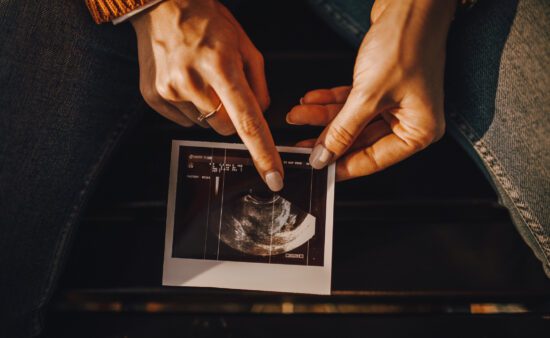Amid the afternoon bustle of downtown Charlotte, N.C, an unlikely group gathers each day at 3 p.m. around a table in a corner restaurant.
On this particular day, it is a homeless man, a homeless woman, a construction worker, a bus boy and a chef. At the last minute a man in a business suit and a woman in a wheel chair join the others.
Also at the table is Jim Noble, who is leading these people in a daily open-to-the-public Bible study in his restaurant. He is giving them food for both the soul and the body—he makes food available for anyone who shows up at the table.
Noble, who has lived in Charlotte for 10 years, opened The King’s Kitchen, a nonprofit restaurant, in 2010 simply out of a biblical mandate to care for the poor and feed the hungry.
“Feeding the hungry is not an option,” said Noble. “For us to walk by hungry people on the street and not help them is to ignore Jesus, because He said that whatever we do for them, we do for Him.”
As a seasoned, European-trained chef/restaurateur and as an ordained minister, he combined his two passions—food and the gospel— to serve Charlotte’s downtrodden.
One hundred percent of the profits from The King’s Kitchen go to local ministries that feed the hungry.
But, it does more than that. It gives the hopeless a second chance through a restoration program that offers on-the-job training to the unemployable. Some of his employees are overcoming an addiction or have a criminal history.
Part of Noble’s restoration program requires these employees to attend discipleship classes, which can include his afternoon Bible study.
“We (Noble and his wife, Karen) just want to do what Jesus would do if He were to show up in downtown Charlotte,” he said. “We want to go to the broken. We don’t wait for them to come to us. ”
The Nobles’ ministry goes beyond donating their profits from upscale southern dishes like shrimp and grits and “Aunt Beaut’s Fried Chicken.” Each Friday night they gather a group who walks throughout downtown Charlotte to talk to people on the street and pray for them.
Each Thanksgiving they feed people all over Charlotte, whether it is in their restaurant or at area churches. Last year, they fed around 2,500 and Noble expects close to 3,000 this year.
“We can’t do what we do without the buy-in of the local Church. When Jesus gave the Great Commission, he didn’t leave the president of the United States in charge. He didn’t leave Congress in charge. He didn’t leave corporate America in charge. He left us—the Church—in charge,” Noble explained.
“If we believe the gospel, we can’t continue to sit in our pews and do nothing.”
He also urges believers to give if they can’t do—find a person or a local organization who feeds the hungry and fund them.
One simple way to give, Noble says, is to faithfully tithe: “If every believer would tithe faithfully, we would be looking at an altogether different picture when it comes to feeding the poor. There would be no need for a government-based welfare system. We would also be opening more churches instead of closing so many church doors, because people would see the church as a place that offers hope—a place that can meet their needs.”
He pastors a church—Restoration Place—that meets at The King’s Kitchen on Sunday mornings. Many of the people who wander in through the doors are homeless and hungry, looking for nourishment.
“It’s almost like we are a magnet for hungry people, both in the physical sense and in the spiritual sense. Almost every day, someone walks in here and says some version of, ‘I am in need, and someone said you’d help.’
“And that’s what we try to do,” said Noble.
With Isaiah 61—“to proclaim good news to the poor”—as one of his motivations for ministry, he hopes that churches across the United States will become passionate about participating in the restoration work of the gospel through serving the poor, the hungry and the otherwise marginalized.
“One day, Jesus is going to present us without spot or wrinkle. Holy. And blameless. We have our marching orders all throughout Scripture to minister to those who are lacking,” explained Noble.
“Jesus did the work on the cross, but we are called to walk in a manner worthy of the gospel. And one of the best ways we can do that is to care for those who need a hand.”






